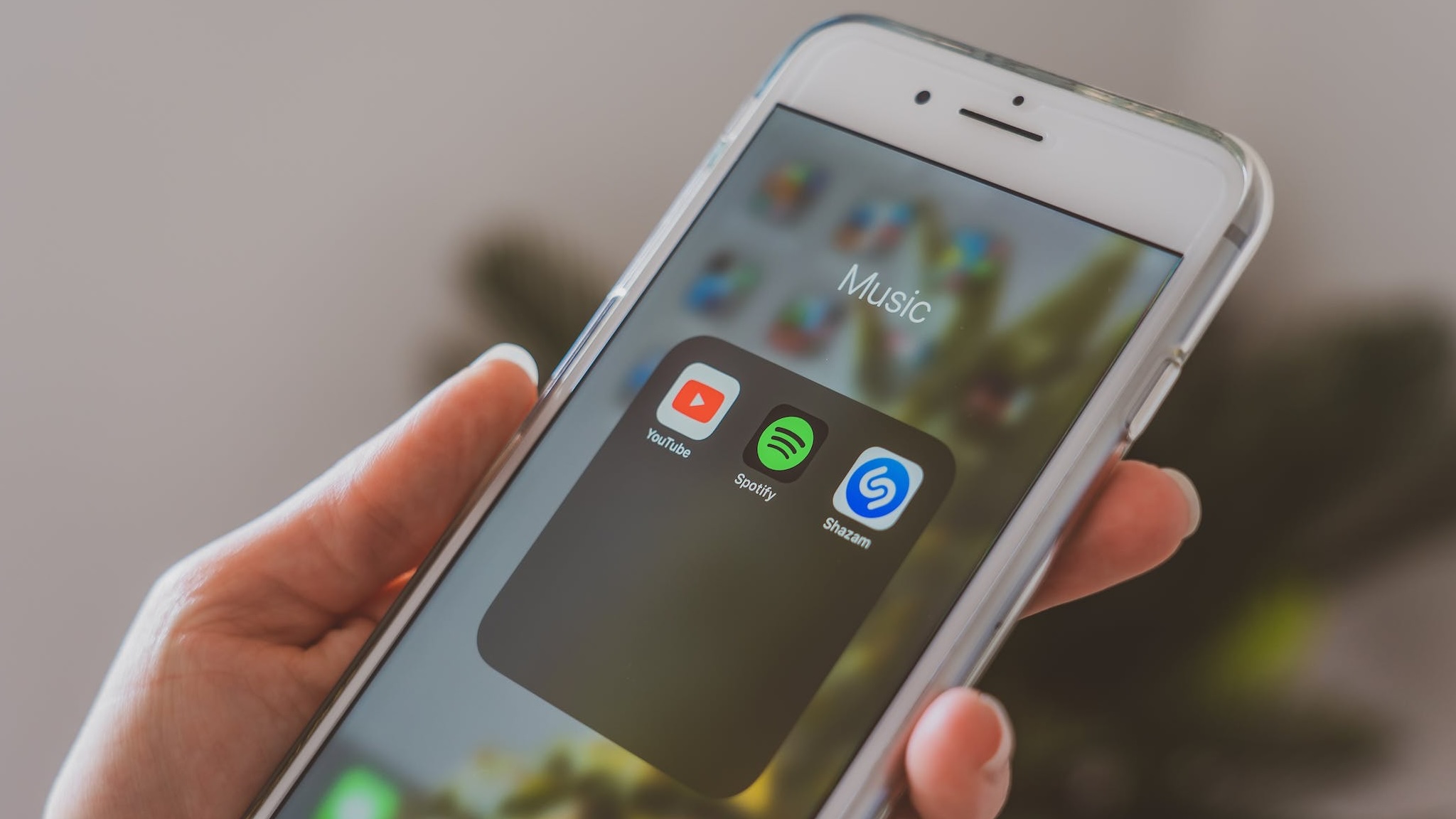Spotify and Deezer push back against France's streaming tax – what does it mean for your subscription prices?
France is proposing to tax music streamers in order to invest in musicians and venues but streamers aren't happy

France, the sixth largest recorded music market in the world, is proposing to tax the best music streaming services in order to fund the development of new artists – and the streamers aren't happy. The tax rate is 1.2% on the French turnover of large streaming firms such as Spotify, Deezer, Apple Music and YouTube Music.
Spotify for one isn't happy. Along with Apple, Deezer, Meta, YouTube and TikTok it has strongly criticized the plans. Speaking to French news channel France Info, as reported by Music Business Worldwide, Spotify France's director general said the tax would be a "monumental strategic error, which goes against the issues of economic, cultural and European technology” and suggested that Spotify might have to raise its prices in France by 10%. Otherwise, "how do you expect us to be able to operate in a market like France?"
This isn't the first time France has taxed the music business to fund the artist development that big firms don't seem so keen on. It also levies a tax of 3.5% on ticket sales to help protect smaller venues, a tax that the UK Music Venue Trust says would prevent the closure of many grassroots venues if adopted in other countries.
Why are the streamers unhappy about France's tax?
Because they don't want to pay it.
The estimated total tax take in France of the levy has been estimated at €15 million a year from all streamers combined; Spotify says that despite making €65 million profit in its last quarter "we are in a fragile financial balance" that the levy would destroy.
Spotify has lost money consistently for years because streaming is fundamentally a low margin business. Spotify reckons that in France it pays 70% of its revenues to music rights holders, 20% in VAT, and 8% in other streaming taxes. And unlike some of its rivals, such as Apple and Google, streaming is its entire business rather than just part of it.
But that hasn't been helped by Spotify's push to become a podcasting company as well as a music one. That push has been extremely expensive, with over $1 billion spent on podcast deals with celebrities including Kim Kardashian, Joe Rogan and Michelle Obama, and while it's generated significant subscribers it's also lost the firm an enormous amount of money – losses that have in part led to the firm laying off 17% of its workforce in its third round of layoffs this year and pledging to stop paying royalties on tracks by its more obscure artists – artists whose songs, by some estimates, account for nearly two-thirds of its entire streaming catalog.
Sign up for breaking news, reviews, opinion, top tech deals, and more.
You can see Spotify's point. Any levy will reduce its already-thin margins. But as with the venue tax, the French government is concerned with the effect of Big Music on the wider cultural landscape. It's not taxing the firms for fun, but to invest in the next generations of artists too – artists who have seen streaming effectively destroy their ability to make money from recording and releasing music. While the streamers are very much against it, organisations such as the French live music association PRODISS, independent label umbrella group FELIN and the Union des Producteurs Phonographiques Français Indépendants are very much in favor.
You might also like

Contributor
Writer, broadcaster, musician and kitchen gadget obsessive Carrie Marshall has been writing about tech since 1998, contributing sage advice and odd opinions to all kinds of magazines and websites as well as writing more than twenty books. Her latest, a love letter to music titled Small Town Joy, is on sale now. She is the singer in spectacularly obscure Glaswegian rock band Unquiet Mind.